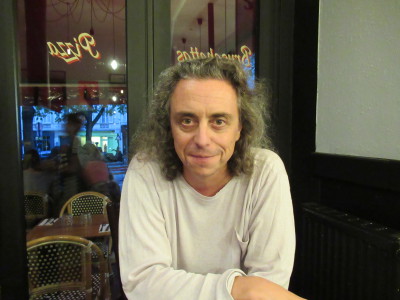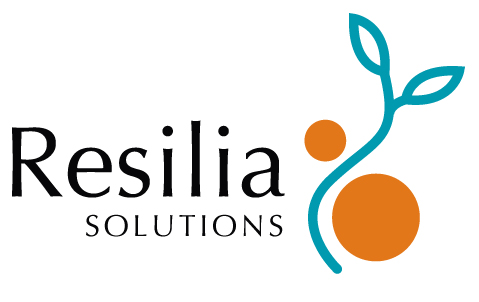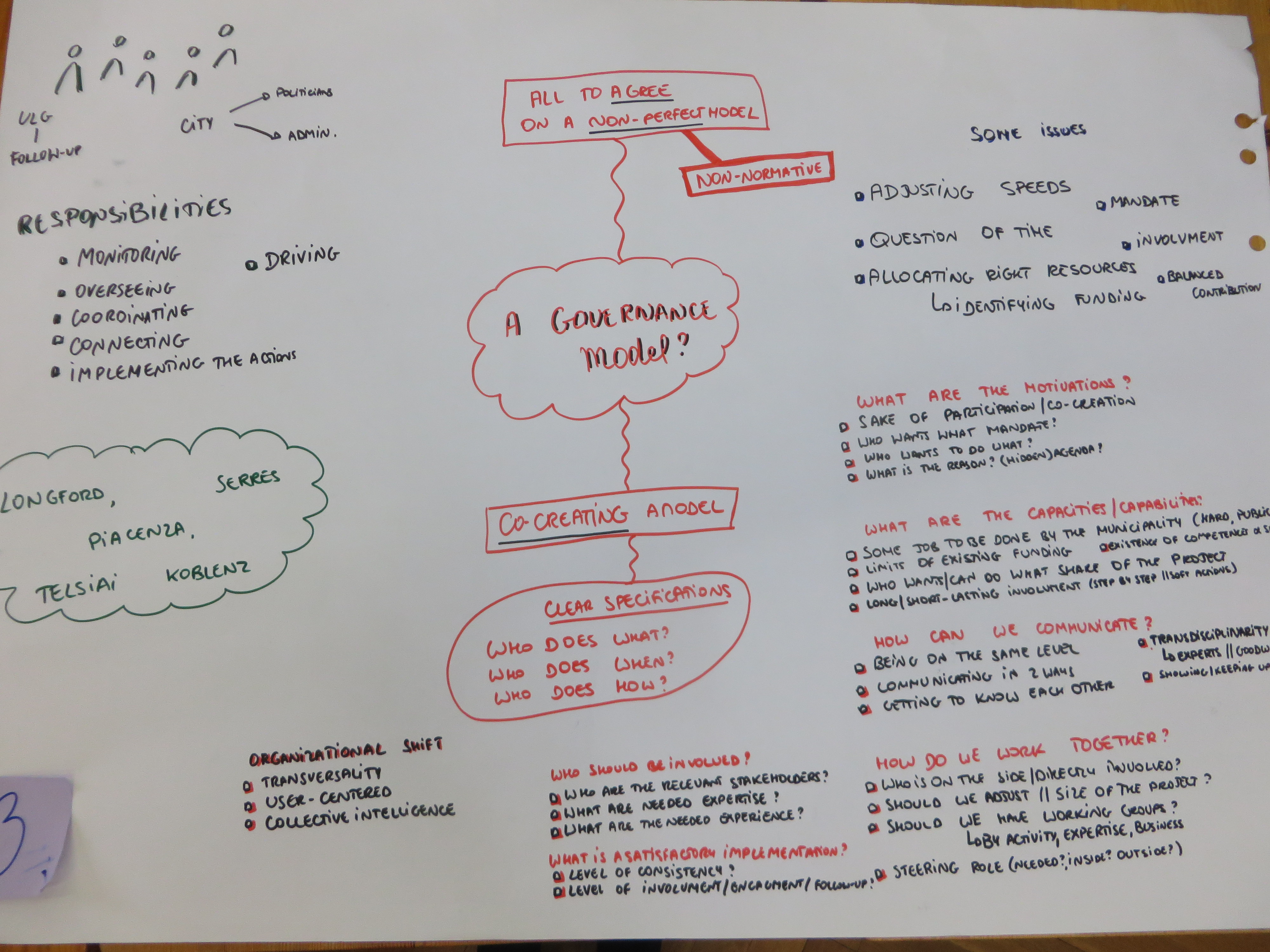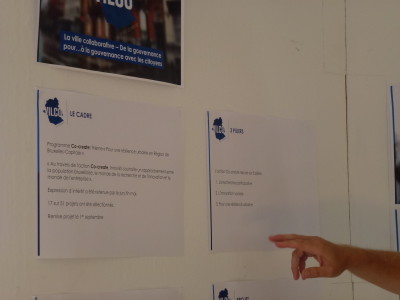Interview with Lionel Larqué , General Delegate of ALLISS , on 29 August 2018 in Paris, 9th .
I met Lionel Larqué in March 2018 when the Scientific Committee of the VILCO – a project which dealt with cooperation between public authorities and citizens in the context of a research and experimentation project funded by the Co-Create programme of Innoviris – which I contributed. His interventions prompted me to meet again to discuss his experience of collaboration between research and civil society and vice versa. Here are some notes of this discussion.

A trained oceanograph, Lionel Larqué has a PhD in physics and political science, and is an activist and actor of popular education since the 1980s. He was successively : Federal Commissioner for Cultural affairs at the national Léo Lagrange Federation, Deputy Director of the French Association of Small Hustlers (2003 -2012), founder and leader of the Global Forum sciences and democracy (2007-2013), founder of the European Network YPSSI and coordinator of “Youth, Science, Europe During the French presidency of the European Union (2008), initiator and executive secretary of the Alliance Sciences Société ( since 2012), co-director of the book “Science, it looks us” (2013).
Continue reading

